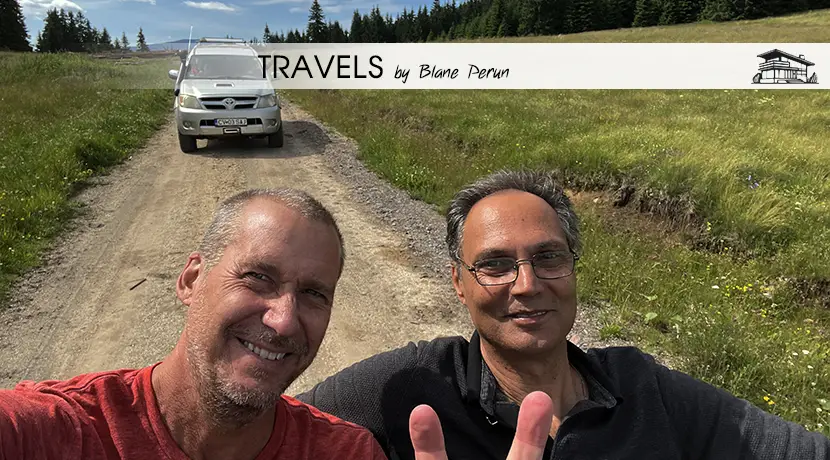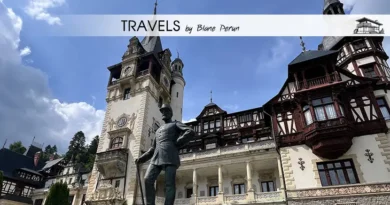Danesti Architecture & Interior Design
Unveiling the Charm of Danesti: A Deep Dive into Local Architecture and Design
Nestled in the heart of Romania, the town of Danesti offers a unique blend of traditional charm and modern innovation, particularly in the realm of architecture and design. This exploration into Danesti Romania Architecture & Design aims to uncover the layers of history, creativity, and forward-thinking that define this captivating locale. From the intricate facades of historic buildings to the sleek lines of contemporary structures, Danesti’s architectural landscape tells a story of cultural heritage meeting modern-day ingenuity.

The Historical Tapestry of Danesti
Rediscovering Traditional Danesti Dwellings
In Danesti, the echoes of the past are most vividly captured in the traditional dwellings that dot the landscape. These structures, often characterized by their use of local materials such as wood and stone, serve as a testament to the ingenuity and resourcefulness of Danesti’s forebears. The architectural vernacular here is deeply influenced by the geographical and climatic conditions, with steep gabled roofs and thick walls designed to withstand the harsh Romanian winters. These homes are not just shelters but are emblematic of a lifestyle that harmonizes with nature, utilizing the Carpathian resources to create sustainable habitats.
The Influence of Byzantine and Baroque on Public Buildings
Danesti’s public buildings, such as churches and community halls, often reflect a fusion of Byzantine and Baroque architectural styles, indicative of Romania’s rich cultural tapestry. The ornate facades, often adorned with frescoes and intricate carvings, are characteristic of the Baroque’s flamboyance, while the domed roofs and structured layouts borrow from Byzantine traditions. This amalgamation of styles in Danesti’s public architecture not only enhances the town’s aesthetic appeal but also reflects a confluence of cultural influences that have shaped Romanian identity over the centuries.
Contemporary Creations in Danesti
Modern Residential Innovations
The residential scene in Danesti is witnessing a transformation, with modern architecture taking center stage. These contemporary homes, often designed with an emphasis on sustainability, feature innovative use of materials like glass and steel, and incorporate green technologies such as solar panels and energy-efficient insulation. The designs are a departure from traditional aesthetics, favoring minimalist lines and open spaces that reflect a modern Romanian lifestyle, yet they remain respectful of the environmental context and historical backdrop of Danesti.
The Evolution of Public Spaces
Danesti’s public spaces, from parks to plazas, are undergoing a renaissance, with design principles that prioritize accessibility, aesthetics, and community engagement. The integration of green spaces within urban design is a testament to Danesti’s commitment to creating livable, environmentally friendly environments. These areas serve as communal hubs, fostering social interaction and community spirit, and are a reflection of the town’s progressive approach to public architecture and urban planning.
The Artistic Flair of Danesti’s Design Scene
The Role of Local Artisans in Danesti’s Aesthetic
Danesti’s design landscape is significantly enriched by the contributions of local artisans, whose craftsmanship adds a layer of authenticity and artistic flair to both public and private spaces. From bespoke furniture to handcrafted decorations, the work of these artisans is a celebration of Danesti’s cultural heritage, showcasing skills passed down through generations. This blend of traditional techniques with contemporary design sensibilities ensures that Danesti’s architectural and interior designs remain distinctive and deeply rooted in local traditions.
Innovation in Commercial and Institutional Architecture
The commercial and institutional buildings in Danesti are not just functional spaces; they are canvases for architectural innovation. These structures often incorporate cutting-edge design elements, from eco-friendly building materials to smart technology systems, reflecting Danesti’s embrace of the future. The architecture of these buildings, characterized by flexibility and adaptability, caters to the evolving needs of Danesti’s community, embodying a forward-looking vision that respects the past while boldly stepping into the future.
In Danesti Romania Architecture & Design, the past and present converge in a dynamic landscape of creativity and innovation. From the preservation of historic elements to the embrace of modern design principles, Danesti stands as a testament to the enduring power of architecture and design to shape community identity and cultural expression.

FAQs about Danesti Romania Architecture & Design
What makes Danesti’s traditional architecture unique?
Danesti’s traditional architecture is distinguished by its use of local materials and adaptation to the regional climate. Structures often feature steep roofs and thick walls, indicative of methods developed to withstand harsh winters. This architectural style reflects a deep connection with the natural environment and a heritage of resourcefulness and sustainability.
How do Danesti’s public buildings blend different architectural styles?
Public buildings in Danesti seamlessly blend Byzantine and Baroque styles, reflecting Romania’s diverse cultural influences. This fusion is evident in the ornate facades and structured layouts, showcasing a rich history while serving as functional community spaces.
What trends are shaping modern residential architecture in Danesti?
Modern residential architecture in Danesti is characterized by sustainability, minimalist design, and the integration of technology. Contemporary homes prioritize environmental friendliness, with features like solar panels and energy-efficient materials, reflecting a modern lifestyle that remains conscious of ecological and historical contexts.
How do Danesti’s public spaces reflect contemporary design principles?
Danesti’s public spaces are designed with an emphasis on accessibility, community, and environmental sustainability. The incorporation of green spaces and communal areas reflects a commitment to livable urban environments, fostering social interaction and a connection to nature.
How do local artisans contribute to Danesti’s architectural and design landscape?
Local artisans in Danesti infuse the architectural and design landscape with authenticity and artistic flair, through handcrafted items and traditional techniques. Their work enriches both public and private spaces, ensuring that Danesti’s aesthetic remains unique and deeply connected to its cultural roots.





